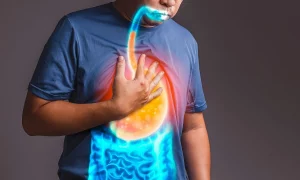Colder weather may raise the risk for a heart attack, a preliminary study suggests.
Researchers in Taiwan found that heart attack rates fluctuated seasonally, with more occurring in winter than summer. When the temperature fell below 59 degrees Fahrenheit, heart attacks increased dramatically, the study authors said.
“When the temperature drops, people at high risk of a heart attack should be put on alert for symptoms such as chest pain and shortness of breath,” said study author and cardiologist Dr. Po-Jui Wu.
For the study, the researchers analyzed health records from more than 40,500 Taiwanese heart attack patients from 2008 to 2011.
That information was then stacked up against two other databases. One contained information about nearly 920,000 adults who had never had a heart attack, while a second tracked local weather patterns collected by the Taiwan Central Weather Bureau.
The researchers found that colder weather, changes in weather, and strong winds each were tied to increased heart attack risk the next day.
The study couldn’t prove a cause-and-effect relationship. However, the researchers advised taking public health measures to alert high-risk patients — perhaps via smartphone messaging — when problematic weather changes are coming.
“At-risk groups include people who had a previous heart attack, the elderly, or those with risk factors such as diabetes, high blood pressure, smoking, obesity, and sedentary lifestyles,” said Wu, of Kaohsiung Chang Gung Memorial Hospital in Kaohsiung City, Taiwan.
The findings will be presented this week in Taiwan at a meeting of the Asian Pacific Society of Cardiology.
“Heart attacks can cause people to die suddenly, so it is essential to urgently seek medical assistance when symptoms occur,” Wu added in a news release from the European Society of Cardiology.
Research presented at meetings is usually considered preliminary until published in a peer-reviewed medical journal.
More information
There’s more on heart attack risk at the American Heart Association.
Source: HealthDay
Copyright © 2025 HealthDay. All rights reserved.

















